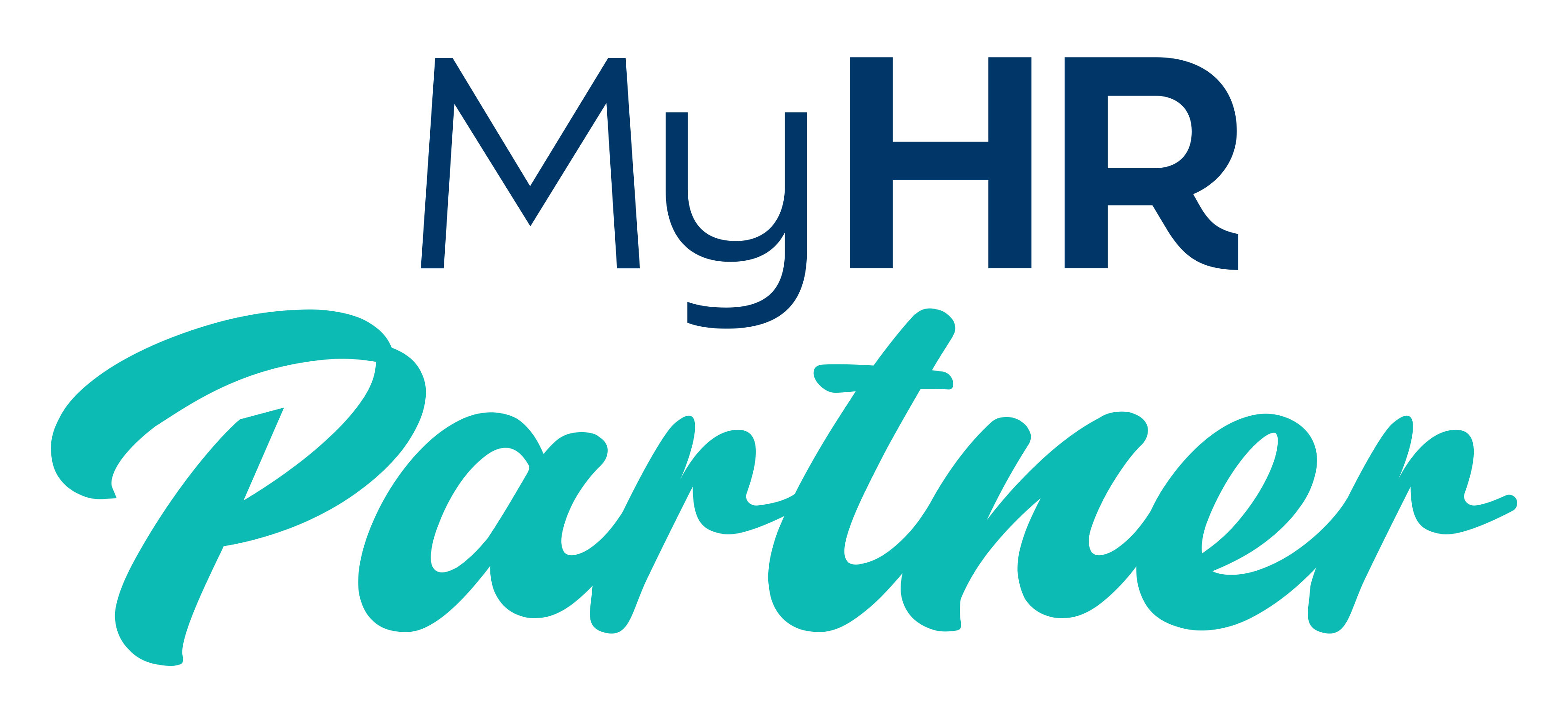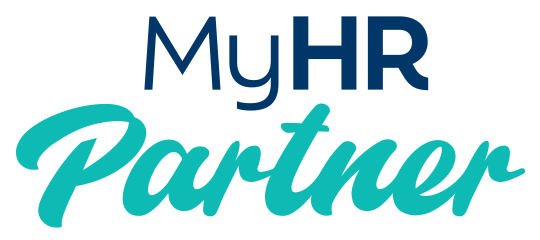Why go searching the web for HR answers, when you can save time and money with all your HR resources in one convenient place.
With the My HR Partner HR Hub, you can access a wide range of tools and resources to make managing your HR responsibilities easier than ever before.
Discover exactly how to respond to HR challenges in your business with our HR Hub Membership. You’ll have access to our invaluable resources 24/7 AND the opportunity to tap into support from Karen via Q&A sessions, masterclasses & webinars.
Why go searching the web for HR
answers, when you can save time and
money with all your HR resources in
one convenient place.
With the My HR Partner HR Hub,
you can access a wide range of tools
and resources to make managing your
HR responsibilities easier than
ever before.
Discover exactly how to respond
to HR challenges in your business with
our HR Hub Membership. You’ll have
access to our invaluable resources 24/7
and the opportunity to tap into
support from Karen via our Q&A
sessions, master classes & webinars.

RECRUITMENT
PAYROLL & COMPLIANCE
LEAVE
EMPLOYEE PERFORMANCE
ENDING EMPLOYMENT
HEALTH & SAFETY
Our HR Hub Membership includes up to date links to awards, award pay guides, Fair Work Information Statement,
Casual Employment Information Statement, and much more. Plus, our templates, checklists, and info sheets cover a range of subjects
to help you manage your team effectively in areas such as recruitment, payroll and compliance, leave, employee performance,
ending employment, and health and safety.
Our Membership offers access to the resources you need, when you need them, to manage your team effectively.
Our HR Hub Membership also
includes up to date links to awards,
award pay guides, Fair Work Information Statement, Casual Employment
Information Statement, and much more.
Plus, our templates, checklists, and
info sheets cover a range of subjects
to help you manage your team effectively
in areas such as recruitment, payroll
and compliance, leave, employee
performance, ending employment,
and health and safety.
Our Membership offers access
to the resources you need to manage
your team effectively.
$697 / Year
Monthly Q&A sessions
Employee Onboarding Hub
20% discount on HR advice calls
20% discount on employment contracts
20% discount on all other HR services
Plus access to these resources:
• Videos
• Webinars
• HR Template Library
• HR Checklist Library
• HR information
$197 / Quarter
Monthly Q&A sessions
Onboarding Hub not included
20% discount on HR advice calls
20% discount on employment contracts
20% discount on all other HR services
Plus access to these resources:
• Videos
• Webinars
• HR Template Library
• HR Checklist Library
• HR information
WHAT IS INCLUDED IN THE PAID HR HUB?
Monthly subscription inclusion
Over 60 templates & checklists to help you with payroll & compliance, leave, termination of employment, managing performance, recruitment and health & safety.
Yearly subscription inclusion
Over 60 templates & checklists to help you with payroll & compliance, leave, termination of employment, managing performance, recruitment and health & safety.
Employee Onboarding Hub - send your contracts and policies online and also integrates with Xero so employee details can be uploaded directly from the information entered by the employee.
WHAT QUESTIONS CAN I ASK IN THE Q&A SESSIONS?
You can ask any HR related questions that need a general answer. If the question is too indepth or is very specific to your business, you may need to book in for one of our discounted HR calls.
WHAT IS THE EMPLOYEE ONBOARDING HUB?
The Employee Onboarding Hub is a platform where you can send your employees their employment contract and they enter all of their details including their payroll information such as their bank account details, Tax File Number declaration and their Superannuation account details.
It integrates with Xero, MYOB and Deputy so it saves you time on data entry.
You can also save employees’ certificates, licences and set reminders for expiry dates.
ARE THE Q&A SESSIONS RECORDED?
Yes, the Q&A sessions are recorded and saved in the HR Hub and you can watch them whenever you want.
WHAT CAN I ASK IN THE Q&A SESSIONS?
Anything HR related – for example pay rates, Award information, advice about managing performance, questions about leave entitlements.

HOW DO I GET THE DISCOUNTED HR CALLS, EMPLOYMENT CONTRACTS AND HR POLICIES?
You can order your discounted documents with your special member’s link.

WHAT OTHER RESOURCES ARE IN THE HR HUB?
Webinars, Master Classes & Q& A Sessions
Links to: Awards ~ Award pay guides ~ Fair Work Information Statement ~ Casual Employment Information Statement ~ & more
Templates, checklists and Info Sheets to give you information about a range of subjects to help you manage your
team in relation to:
Recruitment ~ Payroll & Compliance ~ Leave ~ Employee Performance ~ Ending Employment ~ Health & Safety
Our Latest Blog Post

Right to Disconnect
In an increasingly connected world, the lines between work and personal time are often blurred, leaving many workers feeling always "on call."
Recognising this, Australia has taken a significant step by introducing the "Right to Disconnect" laws. As of 26 August 2024, large businesses have been required to observe this legislation, and from 26 August 2025, it will extend to small businesses with less than 15 employees.
What is the Right to Disconnect?
The Right to Disconnect allows employees to refuse work-related communications such as monitoring, reading or responding to contact (or attempted contact) outside of their regular working hours, unless doing so is unreasonable. This legislative change aims to foster a healthier work-life balance, protecting employees from burnout while maintaining their right to personal time.
I have been reading a lot of articles about the Right to Disconnect. One person who is an employee was very upset about the new legislation stating that she had contacted her employer to say that she rejected this new legislation and wanted to be contacted outside of hours.
Others have welcomed it.
I believe that it’s good for everyone involved.
As an employer, you can still contact an employee out of hours, it’s just that they have the right to not respond. For example, if you need to contact an employee to tell them that the work location has changed (e.g. a Trades business that works at many different sites) that’s fine. But setting some guidelines could also be helpful. For example, you may ask your employees to send a quick acknowledgement back to you – a quick “OK” response or a friendly emoji.
Also, if you have an employee that is paid above Award and their contract states that they are compensated for out of hours contact, you have clear guidelines.
Key Differences for Large and Small Businesses
For larger businesses, the Right to Disconnect has already been in place since August 2024. These organisations have had to adapt by establishing clear guidelines and procedures to separate work from personal time.
For small businesses, which often operate with fewer resources, the legislation presents unique challenges, including the potential for increased administrative burdens. However, the law also offers an opportunity to improve workplace culture by respecting employees' personal time and ultimately enhancing productivity.
The Impact on Small Businesses
The introduction of this legislation for small businesses is anticipated to have varied effects. Small businesses may find it challenging to balance flexibility and the need for occasional urgent communication outside hours. However, studies suggest that respecting employees' personal time can lead to increased satisfaction and productivity. The benefits of enhanced employee engagement and loyalty could outweigh any difficulties. And, remember, it’s about the employee’s right to not answer.
Implementing the Right to Disconnect
Small businesses can take several steps to ensure smooth implementation of this law:
Develop Internal Guidelines: Clearly outline scenarios where out-of-hours communication might occur and how it should be handled.
Training and Awareness: Ensure all employees understand their rights and responsibilities regarding out-of-hours contact.
Review Employment Contracts: Update contracts to reflect the new expectations and responsibilities.
Technology Adjustments: Use technology to manage communication, such as delaying email delivery to work hours.
Conclusion
Embracing the Right to Disconnect offers small businesses an opportunity to refine their operations and improve their workplace culture. While challenges are inevitable, the potential for increased productivity, satisfaction, and a healthier work-life balance makes this transition worthwhile. For small businesses in particular, successfully implementing these changes could lead to a more loyal, motivated, and efficient workforce.
We provide HR advice and support. We have trusted partners to assist with any employment law issues
outside of our scope.
More info

Get HR Advice from our HR expert
Our Latest Blog Post

Right to Disconnect
In an increasingly connected world, the lines between work and personal time are often blurred, leaving many workers feeling always "on call."
Recognising this, Australia has taken a significant step by introducing the "Right to Disconnect" laws. As of 26 August 2024, large businesses have been required to observe this legislation, and from 26 August 2025, it will extend to small businesses with less than 15 employees.
What is the Right to Disconnect?
The Right to Disconnect allows employees to refuse work-related communications such as monitoring, reading or responding to contact (or attempted contact) outside of their regular working hours, unless doing so is unreasonable. This legislative change aims to foster a healthier work-life balance, protecting employees from burnout while maintaining their right to personal time.
I have been reading a lot of articles about the Right to Disconnect. One person who is an employee was very upset about the new legislation stating that she had contacted her employer to say that she rejected this new legislation and wanted to be contacted outside of hours.
Others have welcomed it.
I believe that it’s good for everyone involved.
As an employer, you can still contact an employee out of hours, it’s just that they have the right to not respond. For example, if you need to contact an employee to tell them that the work location has changed (e.g. a Trades business that works at many different sites) that’s fine. But setting some guidelines could also be helpful. For example, you may ask your employees to send a quick acknowledgement back to you – a quick “OK” response or a friendly emoji.
Also, if you have an employee that is paid above Award and their contract states that they are compensated for out of hours contact, you have clear guidelines.
Key Differences for Large and Small Businesses
For larger businesses, the Right to Disconnect has already been in place since August 2024. These organisations have had to adapt by establishing clear guidelines and procedures to separate work from personal time.
For small businesses, which often operate with fewer resources, the legislation presents unique challenges, including the potential for increased administrative burdens. However, the law also offers an opportunity to improve workplace culture by respecting employees' personal time and ultimately enhancing productivity.
The Impact on Small Businesses
The introduction of this legislation for small businesses is anticipated to have varied effects. Small businesses may find it challenging to balance flexibility and the need for occasional urgent communication outside hours. However, studies suggest that respecting employees' personal time can lead to increased satisfaction and productivity. The benefits of enhanced employee engagement and loyalty could outweigh any difficulties. And, remember, it’s about the employee’s right to not answer.
Implementing the Right to Disconnect
Small businesses can take several steps to ensure smooth implementation of this law:
Develop Internal Guidelines: Clearly outline scenarios where out-of-hours communication might occur and how it should be handled.
Training and Awareness: Ensure all employees understand their rights and responsibilities regarding out-of-hours contact.
Review Employment Contracts: Update contracts to reflect the new expectations and responsibilities.
Technology Adjustments: Use technology to manage communication, such as delaying email delivery to work hours.
Conclusion
Embracing the Right to Disconnect offers small businesses an opportunity to refine their operations and improve their workplace culture. While challenges are inevitable, the potential for increased productivity, satisfaction, and a healthier work-life balance makes this transition worthwhile. For small businesses in particular, successfully implementing these changes could lead to a more loyal, motivated, and efficient workforce.
We provide HR advice and support.
We have trusted partners to assist with
any employment law issues outside
of our scope.
More info
PO Box 1079
Coolangatta QLD 4225
ABN 30 644 527 015
Get HR Advice from our HR expert








